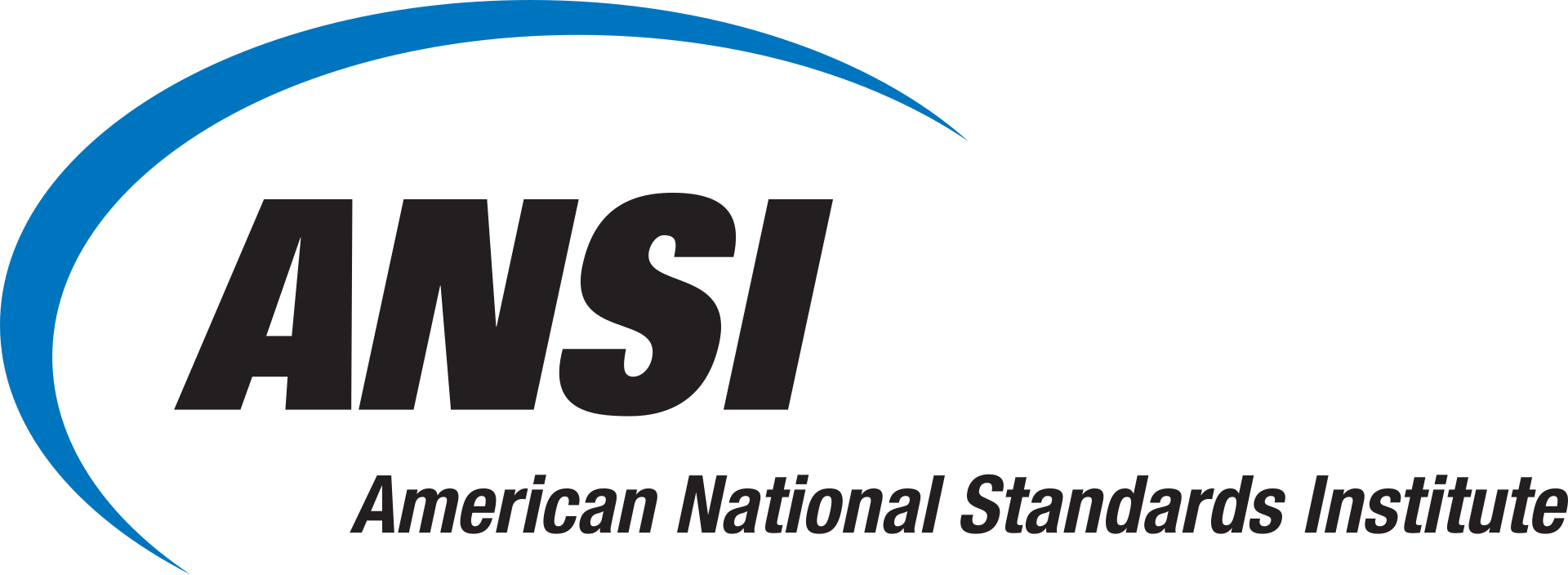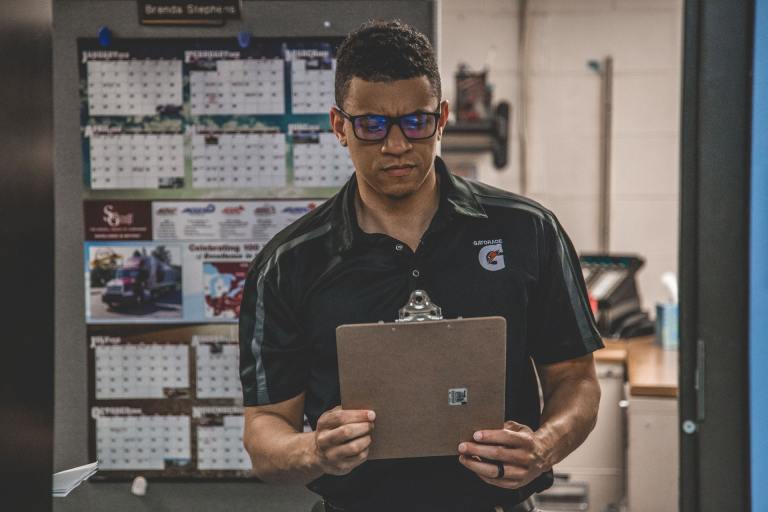IWA 30: Competence of Standards Professionals

The integrity and excellence of standards development lies in the competence and expertise of the individuals engaged in the process. As such, IWA 30-1:2019—Competence Of Standards Professionals – Part 1: In Companies and IWA 30-2:2019—Competence Of Standards Professionals – Part 2: In Standards-Related Organizations establish specifications for the competence development and education for people performing a job or tasks related to standardization activities.
Standards Professionals
National standards bodies, standards-developing organizations, and industries involved in standardization activities (as well as education providers such as universities, professional associations, and consultancy firms) are all concerned with assuring the competence of standards professionals. IWA 30-1:2019 states that a standard’s professional is “a person who has the competenceto perform a job or tasksrelate in a company or an organization performing standardization activities.”
Standards-Related Organization
IWA 30-1:2019 defines a standards-related organization as an “organization that carries out standardization activities such as planning and evaluation, development, adoption, publication and/or dissemination of standards.” Standards-related organizations include organizations involved in any part of the life cycle of standards, including planning, developing, publishing, disseminating, applying, and evaluating. They can be governmental agencies and nongovernmental organizations that undertake any standards-related function or division.
The IWA 30 Series for Standards Professionals
The IWA 30 Series contains two international workshop agreements that detail specifications for the competence of standards professionals. Specifically, the documents specify the competence, consisting of knowledge, skills and attributes, needed to perform the tasks of standards professionals. The IWA 30 series maintains that effective competence development should be based on the competence requirements of these companies and standards developing organizations.
What Is IWA 30-1?
IWA 30-1:2019 is applicable to all personnel involved in some aspect of standardization in companies. This international workshop agreement covers:
- The structure of tasks and sub-tasks of standards professionals in companies
- The common competences for standards professionals in companies
- The competences by task for standards professionals in companies
- A career roadmap for standards professionals in companies
What Are the Tasks of Standards Professionals in Companies?
IWA 30-1:2019 details that the tasks of standards professionals in companies generally include, but are not limited to, five tasks that can be repeated or expanded throughout planning, developing, and applying the standards.
- Standardization planning and evaluation
- Standards development in companies
- Standards development in external standardization organizations
- Applying company standards
- Applying standards developed by external standardization organizations
What Is IWA 30-2?
IWA 30-2:2019 is applicable to all personnel involved in some aspect of standardization in an organization performing standardization activities. This international workshop agreement covers:
- The structure of tasks and sub-tasks of standards professionals in standards-related organizations
- The common competences for standards professionals in standards-related organizations
- The competences by task for standards professionals in standards-related organizations
- A career roadmap for standards professionals in standards-related organizations.
What Are the Tasks of Standards Professionals in Standards-Related Organizations?
IWA 30-2:2019 specifies that the tasks of standards professionals in standards-related organization generally include, but are not limited to, nine tasks that can be repeated or expanded throughout planning, developing and applying the standards
- Standardization planning and evaluation
- Standards development: work program management
- Standards development: committee operation and assistance
- Standards development: drafting standards
- Participation in international standardization
- Editing and publication of standards
- Dissemination of standards
- Training and education about standards
- Public service related to standards
Have Efforts Been Made to Assure the Competence of Standards Professionals?
IWA 30-1:2019 notes that efforts have been made to develop knowledge or skill sets and qualification program for standards professionals at the international, regional, and national levels.
- International level: ISO created a task force team under the Technical Management Board (TMB) to develop capability requirements for chairs, secretaries, and project editors.
- Regional level: Relevant projects and activities have been carried out with published results, such as APEC’s Education Guideline 5, and a research project undertaken by the European Commission (EC).
- National or organizational level: several countries or organizations have already tried to define a knowledge system, required skill sets, and a qualification program for standards professionals, including China, Japan, Korea, and the United States.
Competency of Standards
Since standards and their development frame, guide, and normalize almost all areas of our lives, assuring their competence is of the utmost importance. Professional competence in the realm of standard development is essential because it assures that standards professionals have the skills, knowledge, and attributes to perform their job effectively.
IWA 30-1:2019—Competence Of Standards Professionals – Part 1: In Companies and IWA 20-2:2019—Competence Of Standards Professionals – Part 2: In Standards-Related Organizations are available on the ANSI Webstore.






